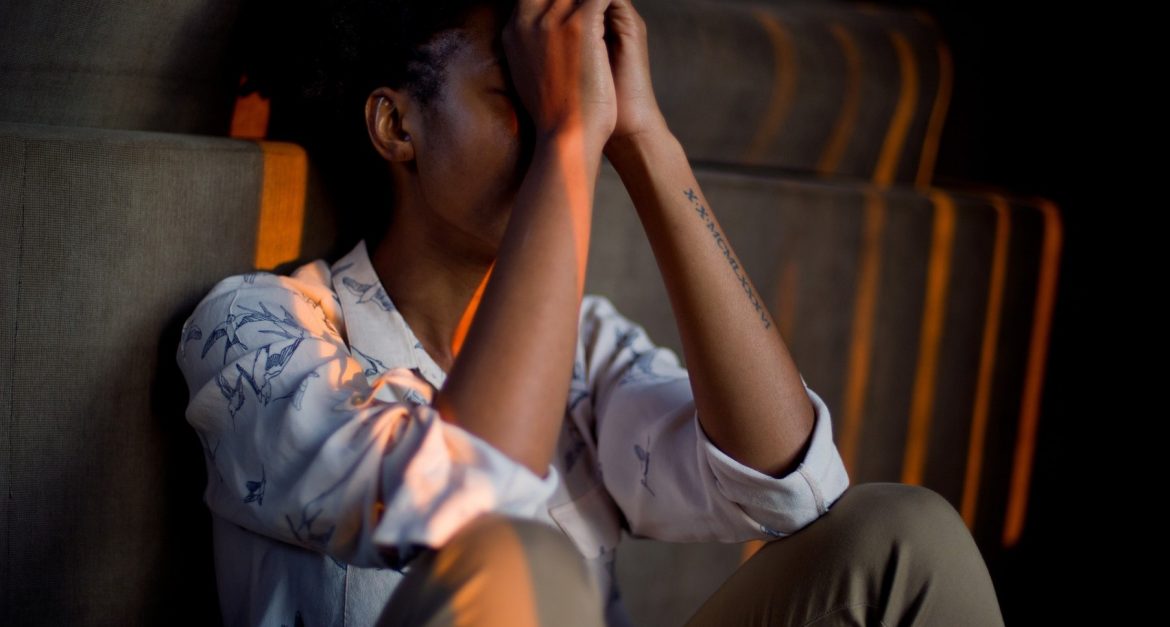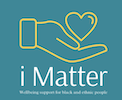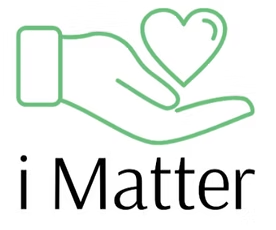
Key findings from Mind.org (2024)
Evidence suggests that people from Black Asian and Minority Ethnic communities are at higher risk of developing a mental health problem in adulthood. But they’re less likely to receive support for their mental health.
- Percentage experiencing a common mental health problem by ethnicity:
White British – 17%
White Other – 14%
Black and Black British – 23%
Asian and Asian British – 18%
Mixed and other – 20%”
- A higher prevalence of psychotic disorder among African Caribbean men (Public Health England, 2018; Rees et al., 2016).
Black men are more likely to experience symptoms of psychosis than other ethnic groups (3.2% compared to 0.3% of White men and 1.3% of Asian men – using combined 2007 and 2014 data.), although no significant variation by ethnic group among women.
Evidence suggests that African Caribbean people are 3 to 5 times more likely to be diagnosed and admitted to hospital for schizophrenia, more than any other group. This is despite the lower rates of diagnosis for other common mental disorders (Mental Health Foundation, 2016)
Some illnesses, such as personality disorders are less likely to be diagnosed in black African and African Caribbean patients compared to white patients (Synergi, 2018) . Additionally, the expected uptake in clinical services for other illnesses such as Obsessive Compulsive Disorder (OCD) is lower than anticipated despite the prevalence in the local black and minority ethnic population (Fernandez de la Cruz et al., 2015)
- Rates of depression are reportedly much higher amongst black and minority ethnic communities than for white communities (Memon, et al, 2016; Mental Health Foundation (Bignall et al., 2019)
Black African and African Caribbean women are more likely to have a common mental health disorder than their white counterparts (DHSC, 2018).
Despite this, there is a lower engagement with services despite an urgent need for more access to mental care for black women in the NHS. The Women’s Mental Health Taskforce review found black, Asian and minority ethnic women also experienced ‘cultural naivety, insensitivity and discrimination’ when accessing and interacting with mental health services (DHSC, 2018)
- Black people are more likely to access treatment through a police or criminal justice route. Black and mixed Black groups are between 20% and 83% more likely to be referred from the criminal justice system than average. Black people are also 5 times as likely as white people to be detained under the Mental Health Act.
- Experiences of racism has been linked to increased likelihood of developing depression; hallucinations and delusions; and if physical assault is involved, post-traumatic stress.
Refugees, Asylum Seekers and Migrants
Asylum seekers and refugees are more likely to have poor mental health as a result of experiences of trauma and violence, as well as post migration experiences.
Asylum seekers are five times more likely to have mental health needs than the general population but less likely to receive support (Mental Health Foundation, 2016).
A systematic review found high rates of common mental health disorders amongst refugee and asylum seekers (Turrini et al., 2017); and
For example, uncertainty over immigration status and changes in HIV clinic services has been found to have a detrimental effect to the mental and physical health of Africans living with HIV in England (National Aids Trust, 2014). Ultimately such factors that restrict access to healthcare for migrants overall, will have negative impact on accessing support within the mental health system. B
Rape and sexual violence has been identified as the most common cause of post-traumatic stress disorder amongst women (WHEC et al., 2017; Psarros, 2014).
Cofounding factor
- How widespread are the mental health conditions
- Normalized depression, and differences in experiences and presentation of mental illness (Bignall et al., 2019)
- Lack of trust on the NHS mental health services
- poor access to talking therapies for depression and anxiety (formerly IAPT)
- Waiting times for other mental health services
- More recently,ovid-19 pandemic, and the rising cost of living
Suggestions to promote better mental health
After hearing many stories of mental health problems around the black and ethnic minorities and of clinicians’ emotional responses to them, patterns or ‘truths’ started to appear, and awareness emerged that what we are discovering about mental health amongst these people did not correspond with what we are being told in the wider social environment. Some of these ‘truths’ may seem obvious; however, the obvious can be lost in the anxiety that overwhelms individuals and systems after a breakdown.
Those recounted by relatives and other survivors of mental have been very moving with stories of fear of access to support stemming from inability to access the system for medical intervention largely due to no recourse to public funds, a factor that created their misery in the first place, given their status in the UK. Can this group of people be helped?
I Matter Services include targeted interventions focused on increasing access and understandings of the nature of services and treatment available. There was a suggestion to use language interpreters, support with literacy and the development of appropriate communication tools (Thompson, 2013). T
There is also a preference for some generic support on a whole range of issues that affect mental wellbeing; such as sites and housing, which have a big impact on stress, depression and nerves (Bristol Mind, 2008).
Overall, we are interested in advocating and bridging the gap for people of all ages, who are disabled, unemployed, single, separated or part of a non-main religious group.
The Project name is iMatter Warrington but with a view to the northwest as its target and catchment area.
Project Timeline Mental health ailment is a major public health concern, with prevention strategies imperative to minimizing events if attended to in time. We intend to make this project a going concern for as long as people suffer from this socio pathological menace.



